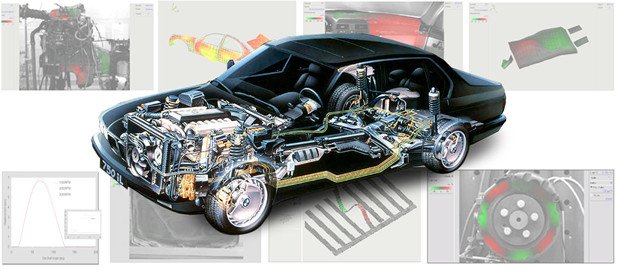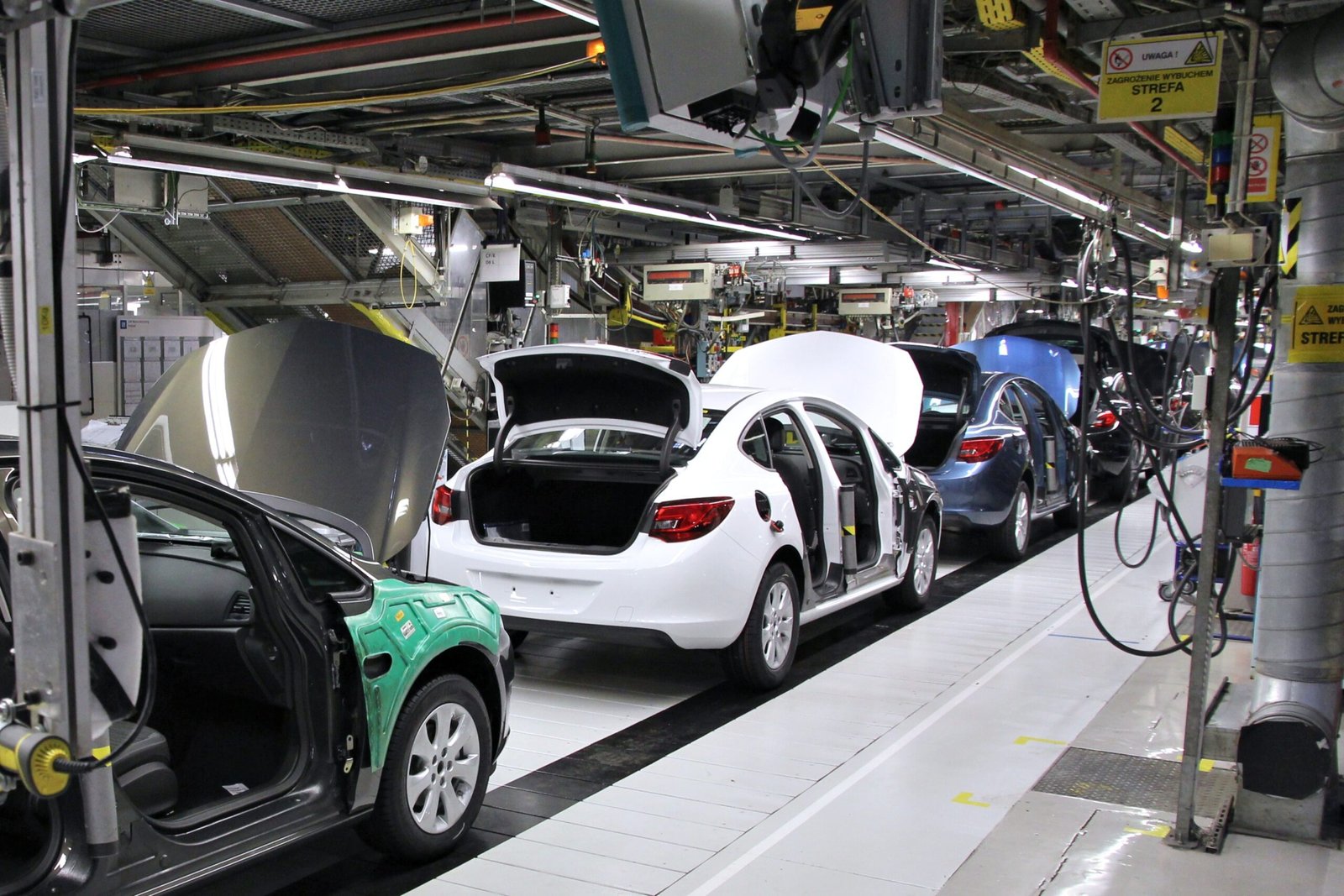Booming Automobile Industry and its Trends
The automobile industry is constantly evolving, and the trends that shape it have a significant impact on consumers, manufacturers, and the overall economy. In recent years, the three major trends that have dominated this industry are autonomous vehicles, electric vehicles, and artificial intelligence. These trends have revolutionized the automobile industry, leading to significant advancements in technology, safety, and sustainability.
Trends in the Automobile Industry

Autonomous vehicles, also known as self-driving cars, have been gaining tremendous attention and momentum in the past decade. The concept of autonomous vehicles involves combining advanced sensors, artificial intelligence algorithms, and GPS technology to navigate and drive without human intervention. The potential benefits of autonomous vehicles include enhanced safety, increased fuel efficiency, reduced traffic congestion, and improved mobility for the elderly and disabled population.
Mango People Coupled with Concerns for Road Safety
One key factor driving the adoption of autonomous vehicles is the increasing concern for road safety. According to the World Health Organization, more than 1.35 million people die each year in road traffic accidents worldwide. By eliminating human error, which is responsible for the majority of accidents, autonomous vehicles have the potential to save countless lives. Additionally, autonomous vehicles can be programmed to follow traffic rules consistently and react faster to potential hazards, further improving overall road safety.
Popularity of Electric Vehicles
Another significant trend in the automotive industry is the growing popularity of electric vehicles (EVs). With advancements in battery technology and increasing focus on environmental sustainability, EVs have become a viable alternative to traditional internal combustion engine (ICE) vehicles. Electric vehicles use rechargeable batteries to power electric motors, resulting in zero tailpipe emissions and a reduced carbon footprint.

The shift towards electric vehicles is driven by various factors, including government initiatives promoting clean energy, a desire to reduce dependence on fossil fuels, and improved battery technology. Electric vehicles offer numerous advantages, such as lower operating costs, reduced maintenance requirements, and improved energy efficiency compared to ICE vehicles. Additionally, the development of fast-charging infrastructure is addressing the issue of limited range, making electric vehicles more practical for everyday use.
Significant role of AI in the Automobile Industry
Artificial Intelligence (AI) is also playing a pivotal role in shaping the future of the automotive industry. AI technology enables vehicles to analyze and interpret vast amounts of data in real-time, making them smarter and more intuitive. AI-powered systems, such as advanced driver-assistance systems (ADAS), provide features like lane-keeping assist, adaptive cruise control, and autonomous emergency braking, enhancing the overall driving experience and safety.

AI is not limited to enhancing the driving experience; it also extends to the manufacturing processes in the automotive industry. With the help of AI, manufacturers can optimize production, improve quality control, and increase efficiency. AI-powered robots can perform repetitive tasks with precision and accuracy, reducing the margin of error and ensuring consistent production quality. Additionally, AI algorithms can analyze data to identify patterns and trends, allowing manufacturers to make data-driven decisions, streamline operations, and reduce costs.
As these three trends continue to gain momentum, the automobile industry is undergoing a significant transformation. The convergence of autonomous vehicles, electric vehicles, and AI is leading to a future where sustainable, efficient, and safer transportation is becoming a reality. However, there are still challenges that need to be addressed, such as regulatory frameworks, infrastructure development, and consumer acceptance.
Lets understand the Regulatory Framework
Regulatory frameworks play a crucial role in shaping the adoption and deployment of these emerging technologies. Governments need to establish robust regulations that ensure the safety and reliability of autonomous vehicles while promoting innovation and competition. Similarly, policies and incentives should be put in place to encourage the adoption of electric vehicles and the development of charging infrastructure.
Infrastructure development is another critical aspect that needs to be addressed for these trends to reach their full potential. The availability of charging stations for electric vehicles is crucial to mitigate range anxiety, and governments and private enterprises must work together to establish an extensive, reliable network of charging stations. Likewise, the deployment of autonomous vehicles necessitates the development of smart infrastructure, including advanced communication systems and dedicated lanes, to facilitate their safe and efficient operation.

Lastly, consumer acceptance plays a vital role in the success of these trends. While autonomous vehicles and electric vehicles offer numerous benefits, there is still a level of skepticism and resistance from consumers. Educational campaigns, public demonstrations, and unbiased information dissemination can help alleviate concerns and increase trust in these new technologies.
In the closure Statement we know the trends of autonomous vehicles, electric vehicles, and artificial intelligence are shaping the future of the automobile industry. These trends offer tremendous potential for increased safety, reduced emissions, and improved efficiency. However, addressing challenges such as regulatory frameworks, infrastructure development, and consumer acceptance is essential to ensure a smooth transition towards these transformative technologies. As the automobile industry continues to evolve, embracing these trends brings us closer to a sustainable and intelligent transportation system.





